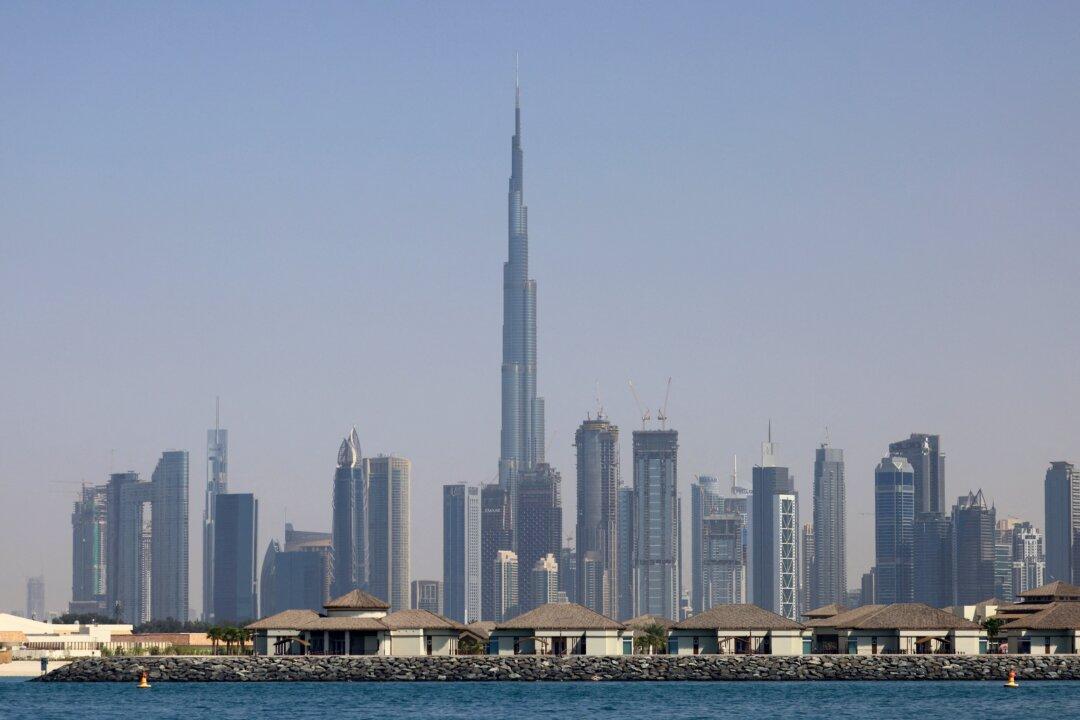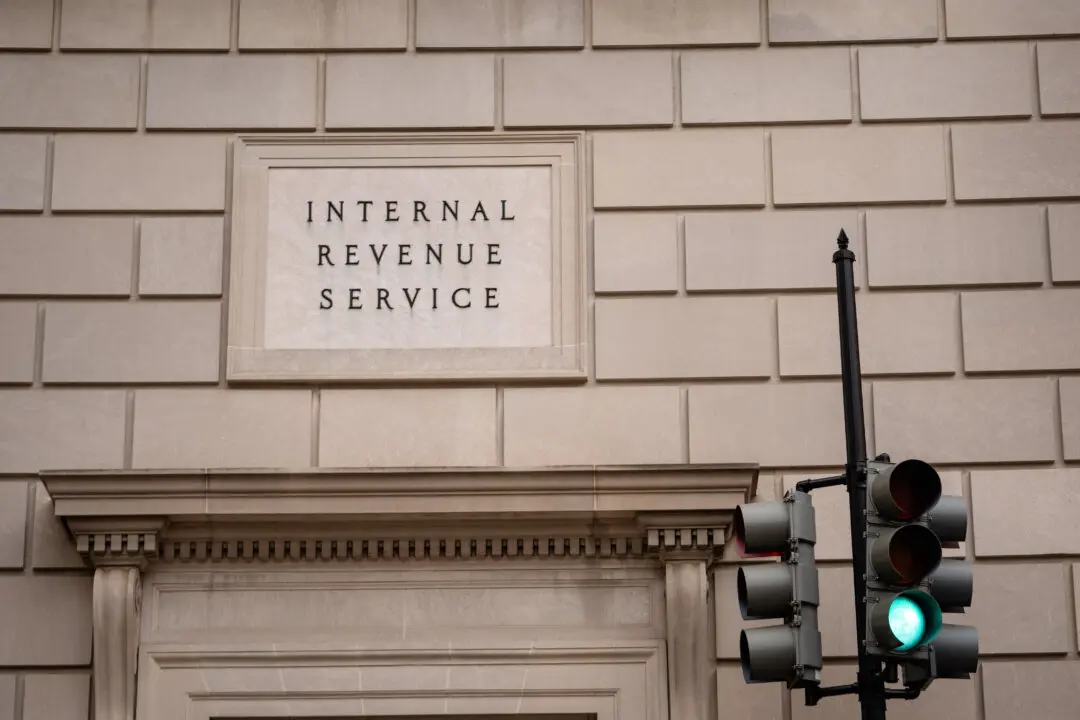Dubai is preparing to allow its residents to apply for government documents like visas directly from their smartphones through the use of facial recognition technology.
The General Directorate of Residency and Foreigners Affairs (GDRFA) is working fast to ensure it launches the service as soon as possible, Fatima Salem Al Mazroui, director of the project management office at GDRFA, said to Khaleej Times. However, it will take a while for the GDRFA to implement the facial recognition project as every service has a “different procedure,” she said while admitting that a timeframe of when such services would be launched is difficult to estimate.





